Security News

Second sensitive info theft claimed by the same crims since June Digital data thieves have reportedly breached AMD's internal communications and are offering the allegedly stolen goods for sale. …
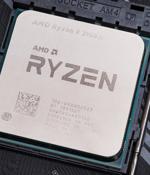
The bug allows malicious software and rogue privileged users with access to the operating system kernel to run code in System Management Mode, a highly privileged execution environment present in x86 processors from Intel and AMD. SinkClose is unique to AMD. SMM sits below the kernel and hypervisor, as well as applications, in that the management mode has unrestricted access to and control of the machine. ZenHammer comes down on AMD Zen 2 and 3 systems Apple, AMD, Qualcomm GPU security hole lets miscreants snoop on AI training and chats What's going on with AMD funding a CUDA translation layer, then nuking it? AMD's latest desktop CPUs feature lower prices yet again as Intel readies a fightback.
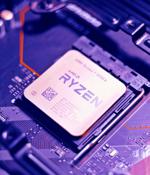
AMD is warning about a high-severity CPU vulnerability named SinkClose that impacts multiple generations of its EPYC, Ryzen, and Threadripper processors. The vulnerability allows attackers with...

Your profile can be used to present content that appears more relevant based on your possible interests, such as by adapting the order in which content is shown to you, so that it is even easier for you to find content that matches your interests. Content presented to you on this service can be based on your content personalisation profiles, which can reflect your activity on this or other services, possible interests and personal aspects.

AMD is investigating whether it suffered a cyberattack after a threat actor put allegedly stolen data up for sale on a hacking forum, claiming it contains AMD employee information, financial documents, and confidential information. "We are aware of a cybercriminal organization claiming to be in possession of stolen AMD data," AMD told BleepingComputer in a statement.

Cybersecurity researchers from ETH Zurich have developed a new variant of the RowHammer DRAM (dynamic random-access memory) attack that, for the first time, successfully works against AMD Zen 2...
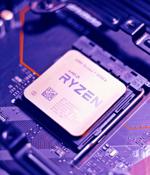
Academic researchers developed ZenHammer, the first variant of the Rowhammer DRAM attack that works on CPUs based on recent AMD Zen microarchitecture that map physical addresses on DDR4 and DDR5 memory chips. The ZenHammer attack was developed by researchers at public research university ETH Zurich, who shared their technical paper with BleepingComputer.
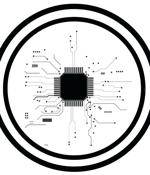
Researchers at cybersecurity research and consulting firm Trail of Bits have discovered a vulnerability that could allow attackers to read GPU local memory from affected Apple, Qualcomm, AMD and Imagination GPUs. In particular, the vulnerability-which the researchers named LeftoverLocals-can access conversations performed with large language models and machine learning models on affected GPUs.
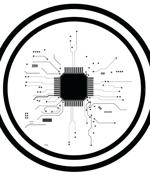
Researchers at cybersecurity research and consulting firm Trail of Bits have discovered a vulnerability that could allow attackers to read GPU local memory from affected Apple, Qualcomm, AMD and Imagination GPUs. In particular, the vulnerability-which the researchers named LeftoverLocals-can access conversations performed with large language models and machine learning models on affected GPUs.

Research made public on Tuesday detailed how miscreants can exploit the hole to read data they're not supposed to in a system's local GPU memory. While the flaw potentially affects all GPU applications on vulnerable chips, it is especially concerning for those processing machine-learning applications because of the amount of data these models process using GPUs, and therefore the amount of potentially sensitive information that could be swiped by exploiting this issue.